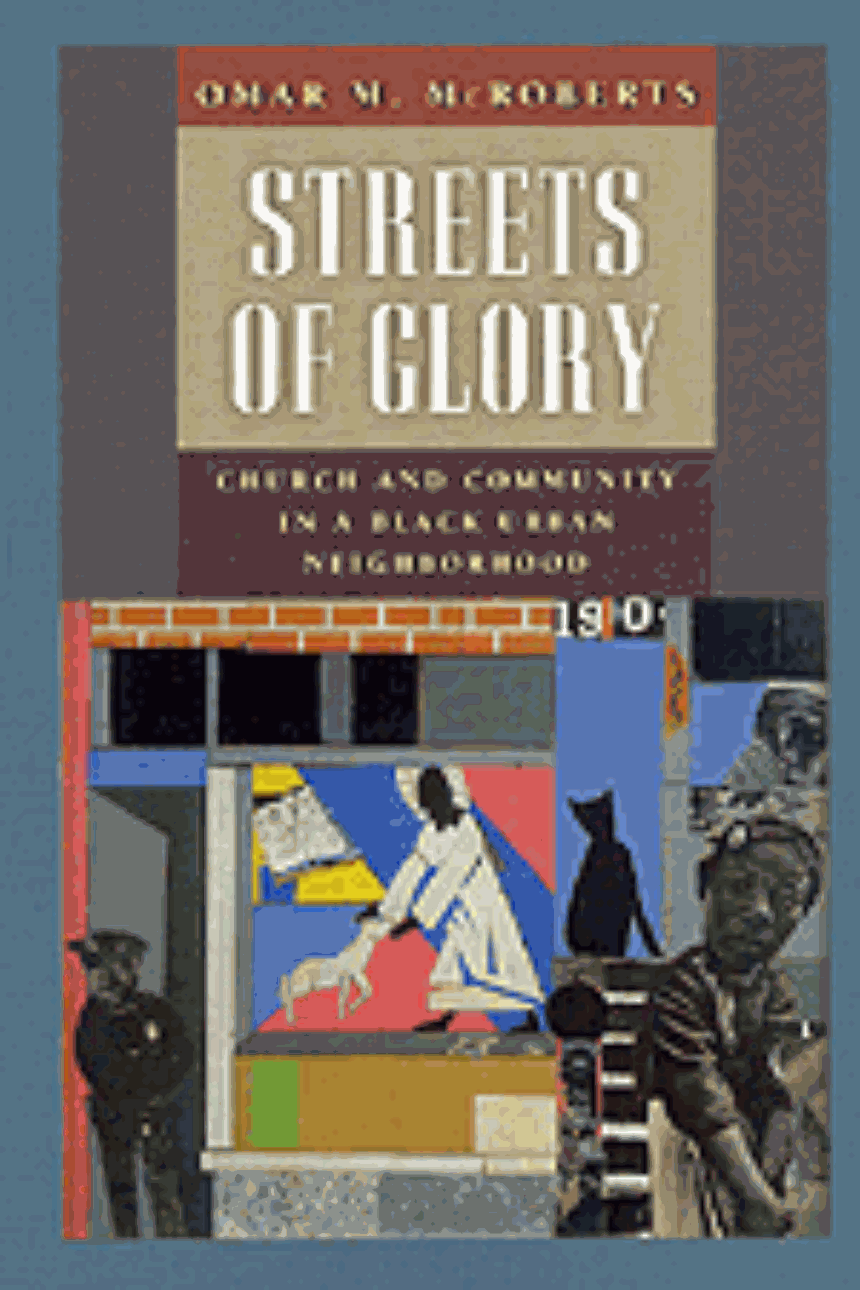Streets of Glory
Church and Community in a Black Urban Neighborhood
McRoberts finds, for example, that most of the churches in Four Corners are attended and run by people who do not live in the neighborhood but who worship there because of the low overhead. These churches, McRoberts argues, are communities in and of themselves, with little or no attachment to the surrounding area. This disconnect makes the churches less inclined to cooperate with neighborhood revitalization campaigns and less likely to respond to the immediate needs of neighborhood residents. Thus, the faith invested in inner-city churches as beacons of local renewal might be misplaced, and the decision to count on them to administer welfare definitely should be revisited.
As the federal government increasingly moves toward delivering social services through faith-based organizations, Streets of Glory must be read for its trenchant revisionist view of how churches actually work in depressed urban areas.
Read an interview with the author.
186 pages | 7 maps, 5 tables | 6 x 9 | © 2005
Religion: American Religions, Religion and Society
Sociology: General Sociology, Race, Ethnic, and Minority Relations, Social Change, Social Movements, Political Sociology, Social Institutions
Reviews
Table of Contents
1. Introduction
2. Birth of the Black Religious District
3. Four Corners: Birth of a Contemporary Religious District
4. "In the world, but not of it": Particularism and Exilic Consciousness
5. "The Street": Clergy Confront the Immediate Environment
6. Changing the World: Church-Based "Activism"
7. Who Is My Neighbor? Religion and Institutional Infrastructure in Four Corners
8. Conclusion: Saving Four Corners?
Author’s Note
Notes
References
Index
Awards
Gustavus Myers Ctr/Study of Human Rights: Gustavus Myers Center Outstanding Book Award
Honorable Mention
Society for the Scientific Study of Religion: SSSR Distinguished Book Award
Won
